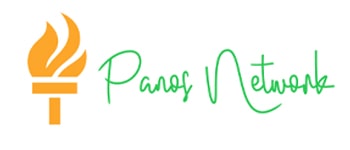PanosNetwork.org was originally dedicated to promoting public debate, diversity, and democracy by effectively using information. The domain name is inspired by “PANAS” in Nepali, symbolizing people gathering around an oil lamp to discuss important matters, and “PANOS” in Amharic, meaning a torch that lights the path ahead.
Today, we extend this symbolic meaning into broader aspects of life. PanosNetwork.org remains a platform to ignite ideas and spark conversations, but now our discussions range from entertainment gossip and business trends to lifestyle tips and home decor. Just as “PANAS” and “PANOS” symbolize, we aim to illuminate every corner of life, encouraging readers to engage and connect around these topics.
Whether exploring the latest entertainment news or sharing business success stories, PanosNetwork.org will continue to shine a diverse perspective on every important moment in your life.
Join us at PanosNetwork.org, where together, we’ll ignite the torch of wisdom and discover the highlights of life.
